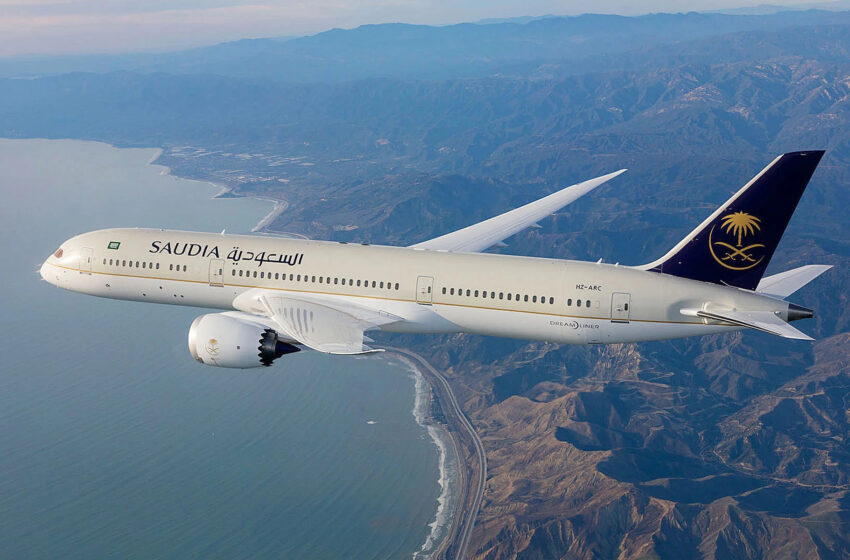
globalbizmag.com
GACA Announce New Economic Policy to Transform Saudi Aviation Sector
In a move to attract investment, boost competitiveness, increase transparency, Saudi Arabia’s General Civil Aviation Authority (GACA) has reached another milestone by unveiling a new economic policy transformation to unleash the Kingdom’s aviation sector.
The key reforms include the introduction of competition standards at airports, anti-competitive pricing measures, streamlining the economic license for air transport operations, as well as a relaxation of requirements of airport operators and investors.
The new economic policy framework is designed to boost competition, create open markets for growth and innovation, increase transparency in commercial relationships and pricing, delivering better resource allocation, investment, and financial sustainability across the sector.
New opportunities for investors and operators will be created through the policy framework by levelling the playing to drive more competition.
GACA President Abdulaziz Al-Duailej said that the changes align with global best practice.
GACA’s transformation of Saudi Arabia’s aviation economic regulations will drive further investment, growth, and performance across the aviation sector. The regulations will enable the realisation of the Saudi Aviation Strategy, which is mobilizing $100 billion in investment from public and private sector sources by 2030, he explained.
“The regulations create an open, dynamic, and competitive market, setting a level playing field for global operators and investors in the Kingdom. These changes will create more competition, choice and value for passengers and consumers,” Al-Duailej added.
Support Privatisation
Among the reforms, qualifying rules for airport operators have been expanded to support the privatisation of the Kingdom’s airports alongside streamlining processes for new entrants to conduct business.
Airports will be enabled to propose charges in line with GACA’s policy frameworks and will have more flexibility to diversify revenues by growing non-aeronautical revenues. Airport performance will also see a significant overhaul, with airport quality targets linked to a new incentive scheme.
Ground handling services and air cargo will be opened to competition, with a ‘general freedom of access’ principle being supported by competition levels across the Kingdom’s airports. License processes for ground handling and air cargo service providers is also streamlined.
Foreign carriers will benefit from streamlining the processes including removal of economic license requirement for charter flights, reducing the cost of doing business.
General Aviation operators will benefit from the removal of ‘empty leg’ restrictions, giving more flexibility when operating international flights to enhance network connectivity. A new certificate will also be introduced to allocate international traffic rights on constrained routes for national carriers to ensure equal opportunities.
To ensure the readiness of the sector for this transformation, regulations were developed and approved following an extensive consultation process with aviation sector stakeholders, with some provisions being phased over 18 months. The regulations will be supported by an implementation plan communicated by GACA to sector operators.
Saudi Arabia’s civil aviation and air transport sector is poised for tremendous growth over the next few years and will contribute immensely to the kingdom’s GDP taking the figure to more than $74.5 billion) by 2030, compared with $21.33 billion in 2018.















